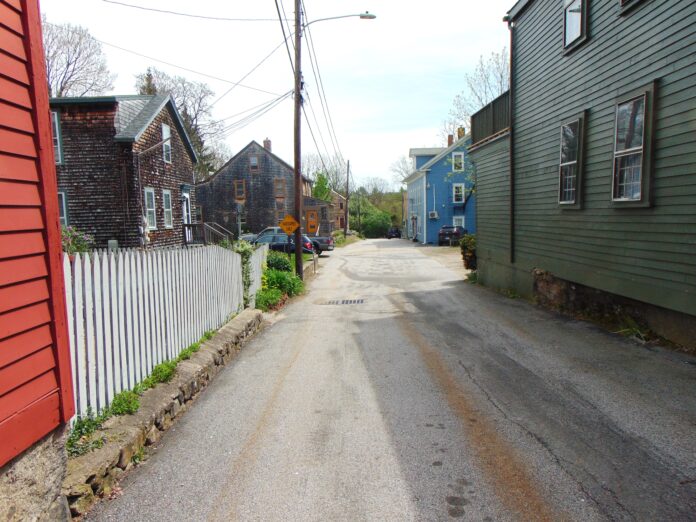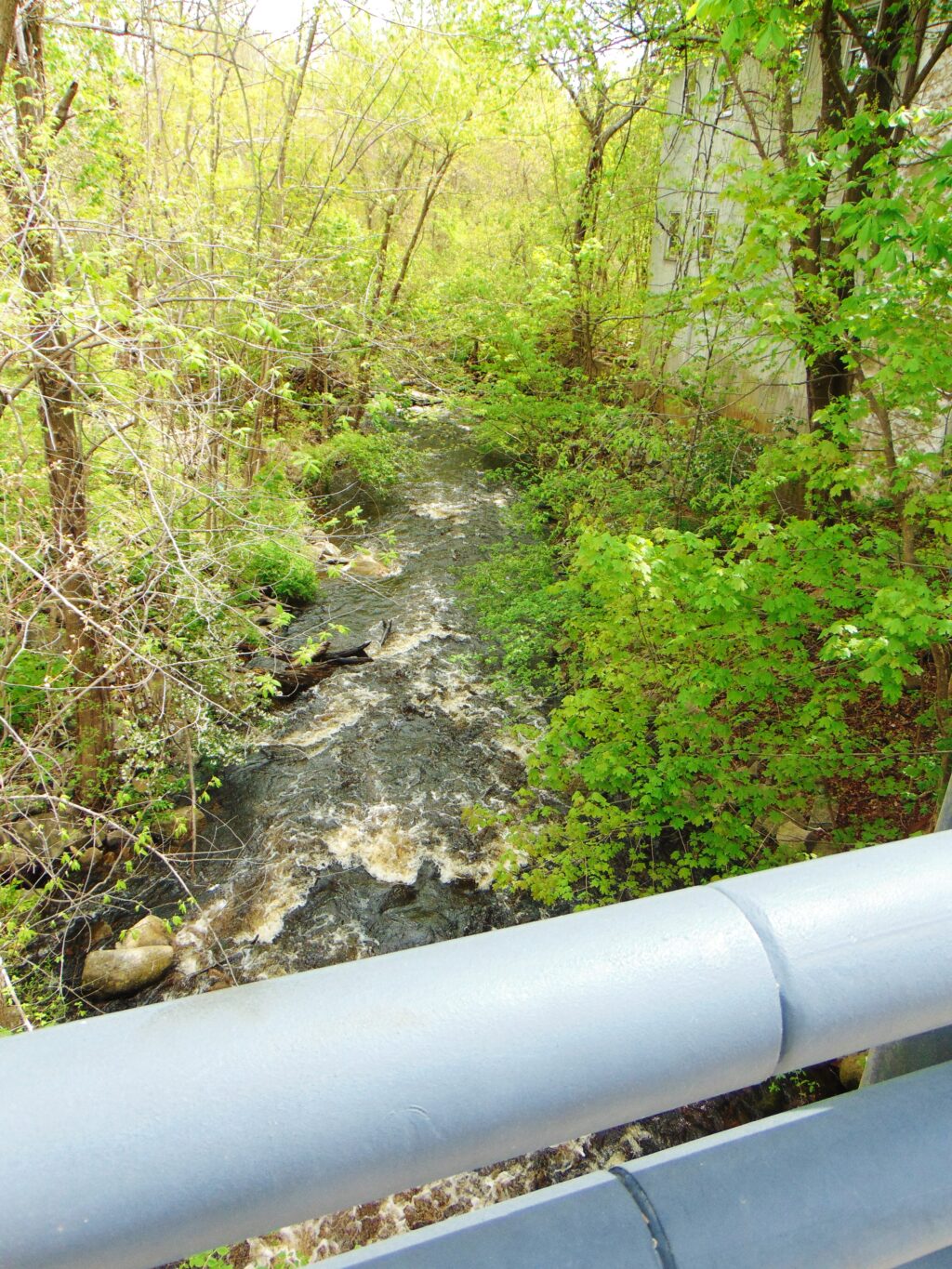
GLOCESTER – Needed changes are coming to Chepachet Village.
The town recently received $765,000 in grants, including $250,000 from the Watershed Implementation Grant from the Southeast New England Program and $465,000 from the U.S. Environmental Protection Agency. The town also set aside $200,000 from funds received through the American Rescue Plan Act.
The funds will be used to fuel decentralized wastewater improvements in Chepachet Village. No cash contributions were required from the town.
According to Town Planner Karen Scott, the focus will be on priority properties, including cesspools, holding tanks and other wastewater retaining areas within 200 feet of the Chepachet River. The plan is to explore opportunities for innovative and alternative septic systems, including, in some cases, connecting neighboring property owners to combine resources for wastewater treatment facilities.

“Focusing on priority properties, this project will explore opportunities for innovative and alternative septic systems, educating property owners of different possibilities available and where individual systems are not feasible, look for opportunities to join with neighboring property owners with comparable wastewater needs,” she explained.
The ultimate goals of the project include providing financial incentives that lead to the construction of as many wastewater upgrades as financially feasible in Chepachet Village and establishing an innovative, third party management entity to ensure the long term viability of these wastewater investments. As the results of these upgrades are implemented, town officials also hope to reduce the number of properties using point of entry systems on drinking water wells and restore the quality of the Chepachet River.

Charlie Wilson, longtime resident and business owner of the Town Trader, located near the river, explained that a number of homes in the immediate area have had to undergo changes in septic systems over the years. In the 1980s, some were discovered to have 50 gallon barrels for makeshift cesspools, while others simply emptied into the river, as they had done since the homes were built.
Before he could move in, Wilson had a special septic system installed which is, basically, an independent treatment plant designed for a five bedroom home. That was the minimum size available at the time. The self-contained system was installed in 2004 at a cost of more than $39,000.
“DEM is so stringent about allowing any septic systems near the river,” he explained. “They originally turned me down, then I appealed it and came up with this plan, which they approved.”
DEM, he said, is constantly monitoring the river for pollution, which may be one of the reasons the town received the grants – over concerns of contaminants entering the river. Some residents have had joint septic systems installed, which service two different homes near each other. Three of those were installed in the 1980s, said Wilson, and are still working well today. All together, there are five shared systems in the Chepachet area.
“Those systems are tested every year,” said Wilson.
The town agreed to hire Pare Corporation of Lincoln, to oversee the implementation of the grants and overall project. Pare’s website states the company has been engaged in clients throughout New England for their expertise in potable water supply and wastewater management, among other services.
According to a report filed with the state by Justin Jobin, research associate; Lorraine Joubert, director of the URI Nonpoint Education for Municipal Officials program, and George Loomis, director of the URI Onsite Wastewater Training Center, Chepachet Village, like other similar historic mill villages, has a history of poorly designed septic systems, clustered too closely together and too close to the river.

“This scenic charm can’t hide another legacy of the past; failing septic systems have plagued Chepachet Village since the turn of the century,” states the report. “These problems are not isolated to Chepachet but are typical of densely developed mill villages, where housing is often clustered on small lots and along riverbanks, and where most construction predates modern septic system codes. What is unique about Chepachet is the innovative approach local officials took to solve wastewater problems. For those who live or work in older settlements, occasional problems with septic systems and stormwater drainage are an acknowledged fact of life. As problems flare in wet seasons, homeowners are likely to manage with basement sump pumps, septic tank pump-outs, trips to the neighborhood laundromat, and minor repairs as personal budgets and site conditions allow.”
“For Chepachet residents, this low-key approach came to an abrupt end in 1999, when the R.I. Department of Environmental Management performed a shoreline inspection and found several failures, including one property directly discharging untreated sewage to the Chepachet River from a cistern,” the report continues. “In a situation not uncommon in historical villages, other properties were also tied into that cistern, greatly complicating repair options.”






